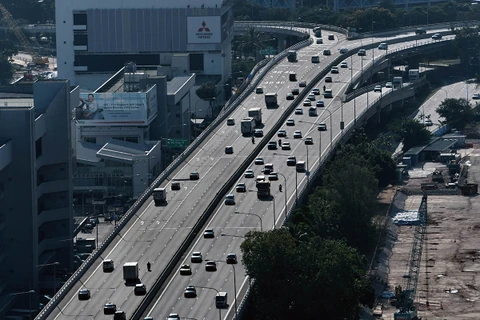Singapore (VNA) – Singapore’s non-oil domestic exports (NODX) increased by 11.8 percent in July year-on-year, surpassing expectations, according to the country’s International Enterprise (IE).
The growth accelerated from the 0.8 percent rise of June and was better than the 6.7 percent increase predicted by economists in a Reuters poll.
On a seasonally adjusted month-on-month basis, exports expanded 4.3 percent in July after declining by 11.1 percent in June. The poll called for a 0.2 percent expansion from the month before.
The better-than-expected jump was thanks to a surge in pharmaceutical exports, which rose 109.2 percent in July from a year earlier.
NODX to seven of the top 10 NODX markets saw growth in July, unlike in June when only four NODX markets saw growth. The key drivers were the US, Japan and Indonesia, while the laggards were the Republic of Korea, China’s Hong Kong and Thailand.
According to IE, the total trade of Singapore increased 17.6 percent year on year in July. Total exports grew 13.7 percent year on year in the month, and total imports rose by 22.1 percent year on year.
OCBC Bank's head of treasury research and strategy, Selena Ling, noted that
pharmaceuticals output and exports can be rather volatile depending on the turnaround for each production cycle, therefore it is unclear how long this current uptick will sustain beyond the immediate few months ahead.
She predicted that the country’s export growth in 2018 would reach 4-5 percent.
The Singapore Government recently raised its full-year NODX growth forecast for 2018 to between 2.5 percent and 3.5 percent, up from 1 percent to 3 percent previously. The upward revision came as exports rose 9.4 percent year-on-year in the second quarter, much stronger than the first quarter's 1.1 percent increase on the back of sector-specific rising exports in food and beverages, machinery and pharmaceutical goods.
But the Ministry of Trade and Industry has also cautioned that downside risks, such as trade tensions, rising global interest rates and tightening financial conditions, may weigh on global growth and trade flows.-VNA
VNA
























